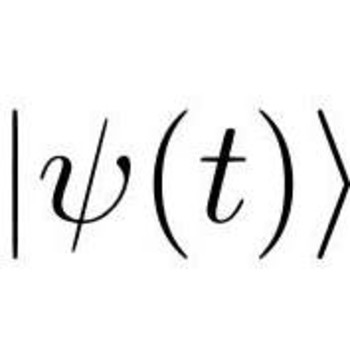Can you derive #E=mc^2# ?
1 Answer
Please refer to the explanation below.
Explanation:
This was taken from:
http://www.emc2-explained.info/Emc2/Deriving.htm#.WnrzqJNubwc
This proof uses calculus and some basic physics.
First, we are going to express kinetic energy in the integral form. That is
In Newton's Second Law of Motion, it states that force can be expressed like this,
Know that, acceleration is the change of velocity over a certain amount of time, so the equation becomes
Now, we can rewrite the integral in terms of
Since velocity is the displacement over time, we can write,
and the integral becomes
Now here comes the crucial observation, we have to know the relativistic energy equation, (I might derive it another time), but know that
So, the integral now transforms into
For here, we have to use integration by parts.
Since the limit of
Remember that
After thousands of derivations... we get
Rearranging,
When
Substituting those values, we get
when
Finally, we find that
Phew....

